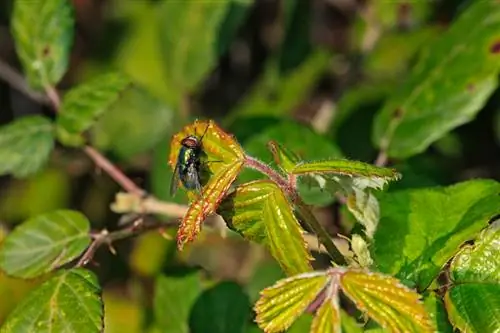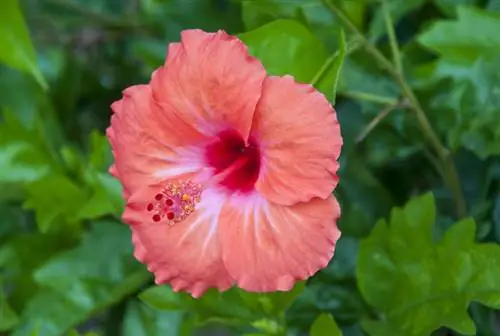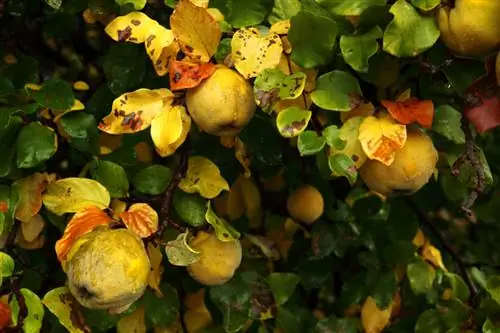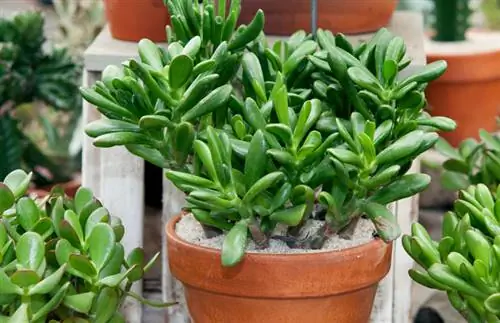- Author admin leonars@hobbygardeners.com.
- Public 2023-12-16 16:46.
- Last modified 2025-01-23 11:20.
Only he althy plants bring joy to the gardener, sick ones make work. Mulberry trees clearly belong to the first category because they are considered resistant and easy to care for. Only dry damage or spider mites may affect them and these can usually be easily treated.
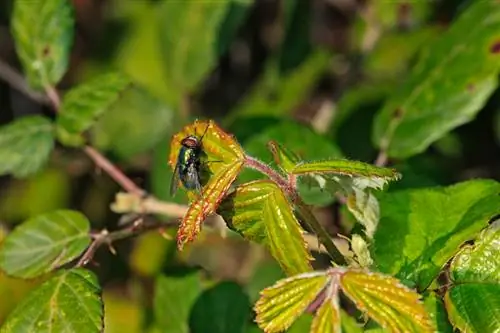
What diseases can affect mulberry trees and how to treat them?
Mulberry tree diseases are rare because the plant is robust. The most common problems are drought damage, s alt damage or spider mite infestation. To treat, water abundantly, remove damaging s alt, rinse affected areas if spider mites are infested and use beneficial insects or rapeseed oil insecticide.
In principle, the mulberry tree is considered to be relatively resistant to diseases and pests, at least this applies to trees that are planted outdoors. Curled leaves or unsightly spots on the leaves can indicate damage caused by drought or road s alt. Fungal infestation is relatively rare.
Avoid using road s alt near the garden, as it can cause damage to your trees after a few years because it only slowly seeps into the ground. If your mulberry tree does not recover with abundant watering, you should replace the soil around the tree, fertilize the plant regularly in the near future and water it thoroughly.
Parasites of the mulberry tree
As a container plant, the mulberry tree is susceptible to pests such as spider mites in its winter quarters. Make sure that your mulberry tree is kept cool enough and airy, if possible in an unheated room. Light frost does not harm it. Since spider mites cannot tolerate frost at all, this is the best way to prevent spider mite infestation.
If you ever discover the fine web of these pests on your plants, then rinse them thoroughly, including on the undersides of the leaves. If possible, use lime-free water and protect the root ball from the rinse water and the washed-off spider mites.
lacewings or predatory mites can also help you combat spider mites. You can get these helpful beneficial insects from specialist retailers. Alternatively, you can also use an insecticide based on rapeseed oil, which is also not harmful to the environment.
The best remedies for combating spider mites at a glance:
- well-ventilated winter quarters just below zero degrees
- if infested, rinse leaves well from all sides
- do not allow rinsing water to get on the root ball
- Get lacewings and predatory mites from specialist retailers
- Use canola oil-based insecticide
Tips & Tricks
The sooner you react to the suspicion of drought damage or spider mites, the easier and more successful the treatment of your mulberry tree will be.

